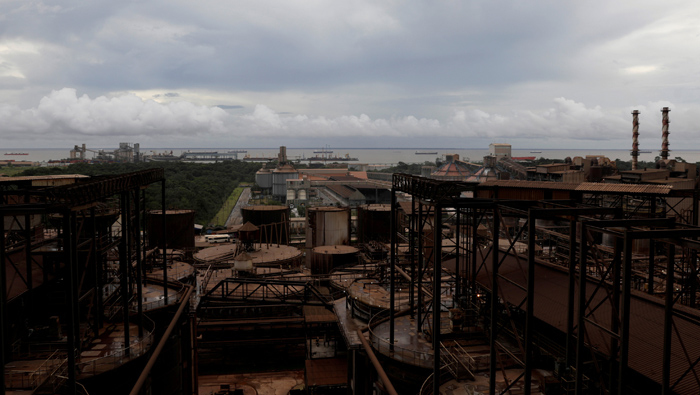
Oslo: Aluminium producer Norsk Hydro denied on Monday its Alunorte alumina refinery in Brazil had contaminated local waters, contradicting the findings of a Brazilian public health group.
Citing an internal study and a report commissioned from green consultancy SGW Services, Hydro said no evidence was found of overflow from its bauxite deposits or of any significant or lasting environmental impact.
The company has previously admitted making some unregulated spills of untreated water, which it said was "completely unacceptable."
Hydro reiterated on Monday it would improve the plant's water treatment.
"Both reports confirm our previous statements that there was no overflow from the bauxite residue deposit areas, as well as no indication or evidence of contamination to nearby local communities from Alunorte as a result of the heavy rainfall in February," Hydro CEO Svein Richard Brandtzaeg said in a statement.
Alunorte is currently running at about 50 per cent capacity under a judicial order.
The firm believes the two environmental reports will help the company win permission to resume full output from the plant, Brandtzaeg told Reuters.
"This puts the facts on the table and gives us a foundation for resolving the situation," he said, adding the firm was in "a constructive dialogue" with local authorities.
Alunorte, located in the northern Brazilian state of Para, is the world's largest alumina refinery with around 2,000 employees and a production capacity of 6.3 million tonnes, transforming bauxite to alumina, which is turned into aluminium at smelters.
Hydro shares were up 6.29 per cent at 1208 GMT, outperforming a flat Oslo benchmark index, extending gains from before the firm's statement was published.
They were benefiting from sanctions imposed on rival Rusal of Russia, traders said.
On April 6, Alunorte sued prosecutors in the Brazilian state of Para, asking a court to reject findings from the government-backed Evandro Chagas Institute, a public health research organisation.
In late February, Brazilian authorities ordered Hydro to temporarily halve its output from the plant.